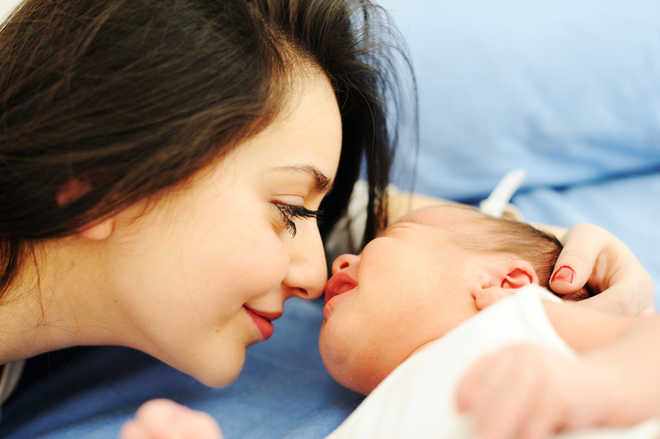
For representation only. Photo source: Thinkstock
New Delhi, July 3
An international team of scientists is set to study the causes behind life-threatening sepsis and drug-resistant infections in babies in many countries, including India, in an effort to combat infant mortality.
Over 80 researchers from 11 countries met in New Delhi to kick off a study that is part of the Global Antibiotic Research and Development Partnership's (GARDP's) broader programme to develop new and improved antibiotic treatments for newborns.
While significant progress has been made in recent years to improve child health globally, including a 50 per cent reduction in child mortality since 1990, the number of preventable deaths in newborns remains unacceptably high.
Neonatal deaths now represent 44 per cent of all deaths in children under the age of five.
Of great concern is the estimated 214,000 deaths in newborns attributable to drug-resistant infections.
"Antibacterial resistance is one of the main barriers to achieving the Sustainable Development Goal to reduce neonatal mortality," said Manica Balasegaram, Director of GARDP.
The study, being carried out in hospitals and neonatal units in many countries including India, Bangladesh, Brazil, China, and South Africa, focuses on collecting clinical information on babies with significant sepsis.
The study, funded by the Bill & Melinda Gates Foundation, will generate a robust evidence base on how neonatal sepsis is managed which can be used as a basis for evaluating future interventions in neonates.
Outcomes of interest will include mortality, antibiotic use and duration of antimicrobial therapy —there are currently few data on these parameters.
Sepsis, the body's response to infection, can be life-threatening and poses a particular threat to newborns as their immune systems are not fully developed.
Increasing rates of bacteria resistant to existing treatments are reported globally, with hospitalised newborns and infants at high risk of developing drug-resistant hospital-acquired infections.
Newborns' susceptibility to sepsis is further compounded by the challenges of diagnosing serious bacterial infections since symptoms and signs can be non-specific and difficult to detect.
The data generated from the study will inform GARPD's ambition to develop and deliver new antibiotic treatments for newborns with drug-resistant bacterial infections.
Limited research on newborns has resulted in a lack of evidence about appropriate treatment of serious and drug-resistant infections in this vulnerable population. PTI



























